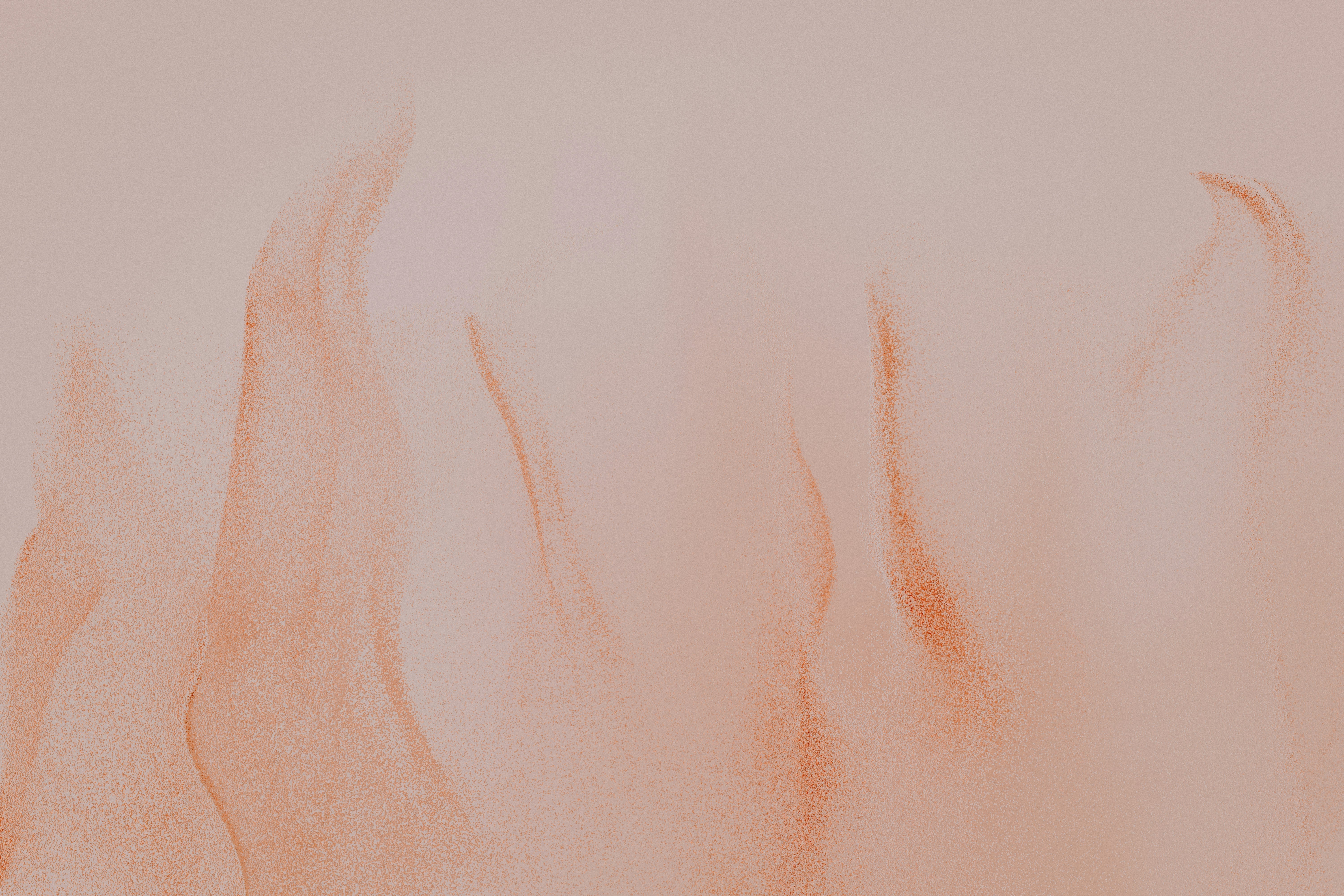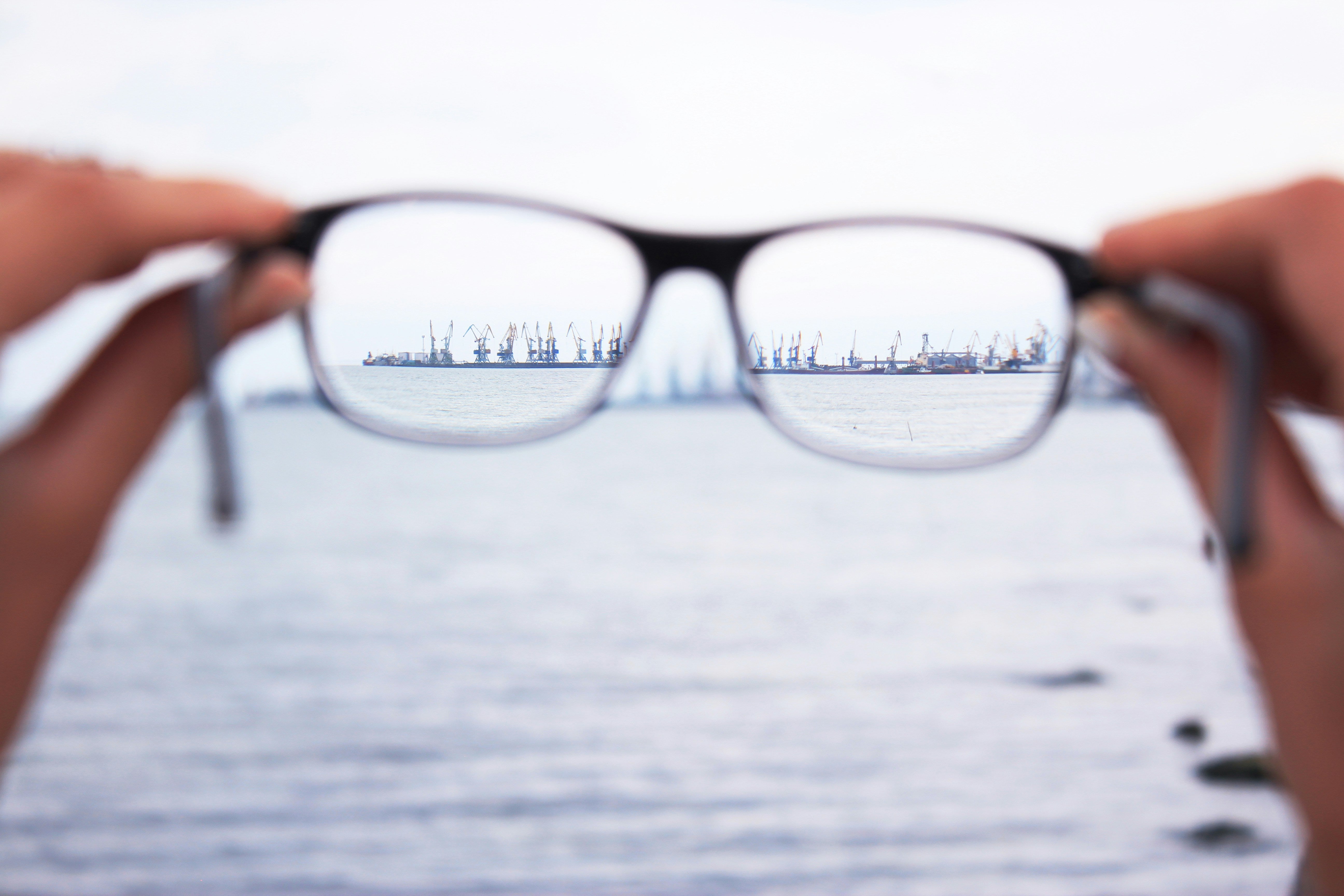When to Drink Water
I’ll beat you to it; you might think after reading this post’s title “Wait, I thought I need to be drinking MORE water.” Indeed, adequate water intake has a multitude of implications with systemic fluid balance, cellular hydration, etc. However, timing matters.
Ideally, you are consuming the majority of your water away from meals, not at mealtime itself. This is important because water can dilute the acid in your stomach, which will impair digestion. (1, 7, 8) Since suboptimal digestion can cause or exacerbate issues such as bloating, indigestion, reflux, etc. - it is advisable to habitually do things that don’t negatively impact digestion.
Importantly, Dr. John Gildea discusses the fluid balance system: “It needs to be dynamic, just like any other part of your endocrine system. To be able to respond strongly to it, and dampening it all the time with one particular drug that pushes it to one side, just obviates the obvious that it needs to be dynamic. When you're eating, you have to produce a huge amount of hydrochloric acid in order to digest protein. But in between meals, you want it to be low. So you want it to be dynamic. High during, low in between, and so, your body has to be able to change dramatically.”
In other words, it’s important to take an inventory of what potential things you may be doing to prevent your stomach from facilitating this natural change/swing in acidity.
Optimal Stomach Acid
As we just alluded to, having optimal stomach acid is required for you to best digest and assimilate the food that goes into your body. This is a feedback system that your body naturally possesses; however, there are things you can do to interfere with this process (like drinking water with meals, not consuming enough pure & unrefined salt, etc.).
Moreover, another way to think of drinking water with meals is that it neutralizes your stomach acid - meaning the acid won’t be able to do its job. (2) Low stomach acid (hypochlorhydria) is actually described in a 2017 study published in the National Library of Medicine as compromising “the gastric barrier and favours bacterial overgrowth in the proximal parts of the small intestine where nutrient absorption takes place.” (9)
So, why does optimal digestion matter? Besides avoiding abdominal discomfort, being sure that you’re absorbing nutrients it crucial for your entire state of health. If you are not able to access the nutrients in your food, the nutrient-dense foods you are purchasing simply don’t have the desired impact.
Gastro-Renal Reflex
In a paper written by the scientists here at The Mara Labs called the Gastro-Renal Reflex, they defined a physiological response to salt where, when you eat something salty, your stomach sends a signal to your kidneys to get rid of salt.
This ties to the discussion of drinking water during meal time because you actually need sufficient stomach acid in order to absorb electrolytes (including salt). Interestingly, they have taken note that the older population has a harder time reabsorbing salt.
When this is the case, GERD, acid reflux, and stomach problems are more prevalent. Insufficient stomach acid is linked to the upper stomach sphincter not closing completely. Thus, that incomplete barrier allows for acid to leaky upwards through your esophagus.
Absorbing Minerals & More
Another important implication of maintaining a good acid balance in your stomach is for the absorption of minerals. Additionally, you need enough stomach acid for intrinsic factor, which is needed for the absorption of B12 and methylated B12. Alot of pivotal metabolic processes originate in your gut, making it more clear now why stomach acid is so vital.
Salt as a Remedy
It can be interesting to reflect on how an IV in a hospital can provide relief for the patient. Perhaps just that example alone makes it clear that fluid balance is a common issue, especially as a result of our fast-paced, modern lives.
In this instance, nurses will administer a sodium IV, and as you get your electrolytes levels back up, you will begin to feel fantastic and they wil send you away. However, commonly, around 10 days later, those same patients are back into hyponatremia (low sodium), hypovolemia (fluid loss) and feel low energy and subpar again. Thus, it’s important to develop good habits regarding fluid balance.
The Mara Labs scientists also have made the connection of about 20 different symptoms being linked to low salt. It’s pretty amazing (and hopefully, empowering) that alot of that is within your control.
Water as a “Tums”
Just as ingesting enough salt plays a vital role in maintaining health, consuming filtered water actually has an application as well. Some individuals experience unpleasant symptoms in between meals because their body is producing acid in excess.
To help your stomach acid levels rebalance, you can actually drink pure water to help dilute your stomach acid. (3, 4, 11) Needless to say, the person and symptoms will dictate whether you need more salt or more water to improve. On the whole, most of us are salt-deficient. But, in some cases, water can help give the stomach what it needs to recalibrate.
Too, other things like sodium bicarbonate (baking soda), milk, lemon, broccoli, kale, radish, have been studies for their potential antacid ability. Sodium bicarbonate, broccoli, and cold milk proved to be the most effective. (6)
The Human Organism is Interconnected
Your metabolism, endocrine system (hormones), neuroendocrine system of your stomach, cardiovascular system, blood sugar, mitochondrial health, and even fertility are all related to your body feeling safe and nourished through proper fluid balance. (5)
So, it’s imperative that we don’t think about digestion nor fluid balance as siloed. Each system in your body is providing communication, information, and feedback to other systems in your body.
On top of that, your body is doing this non-stop. Your body is always working for you, healing, seeking balance and restoration. And, consuming water and enough salt will help insure that those processes can be naturally carried out with ease - keeping you out of a doctor’s care and able to participate in that activities you love.
Additional Viewpoints
Like with many health topics, opposing views on water consumption at mealtime exist. “Some emphasize potential disruption caused by diluted stomach acid contents, while others promote mindful water intake at mealtimes.”
In TSM (Traditional Persian Medicine), excessive water consumption is seen to weaken the digestive system and heighten the risk that organs will not function optimally. This methodology is not suggesting abstaining from water, rather it suggests considering timing, constitution (your relative durability state, individual health needs, and predispositions to future illnesses), and activity levels. (1, 10) Very reasonably, TSM suggests paying attention to your thirt levels and honoring them.
Perhaps the best guidance is to pay attention to what is working for you and noticing the cues that your highly intelligent body is sending you. Also, take an inventory of your whole life: stress levels, physical exertion, fluid consumption, salt ingestion, etc. - all of these things can influence your thirst signals. Depending on all of the different variables, the best practices for you might change in different metabolic phases, ages, etc. in your life.
References:
- https://www.researchgate.net/publication/378891466_Mealtime_Hydration's_Impact_on_Digestion_An_Editorial_Article
- https://www.mdpi.com/1422-0067/20/23/6031
- https://pubmed.ncbi.nlm.nih.gov/18473176/
- https://www.hopkinsmedicine.org/health/wellness-and-prevention/gerd-diet-foods-that-help-with-acid-reflux-heartburn
- https://www.ncbi.nlm.nih.gov/pmc/articles/PMC3036792/
- https://www.sciencedirect.com/science/article/abs/pii/S0965229917302273
- https://jamanetwork.com/journals/jama/article-abstract/1104844
- https://draxe.com/nutrition/hydrochloric-acid/
- https://www.ncbi.nlm.nih.gov/pmc/articles/PMC5609274/
- https://www.ncbi.nlm.nih.gov/pmc/articles/PMC5498696/
- https://pubmed.ncbi.nlm.nih.gov/22844861/







3 Comment
I have gerd a stage 3 ckd how can I get enough salt without raising my blood pressure ?
———
BrocElite replied:
Hi Gerald! We’d recommend working on your blood pressure first. Here are our top tips: https://mara-labs.com/blogs/journal/5-natural-ways-to-improve-blood-pressure
Can lymphedema be controlled or eliminated by consuming Redmond’s salt with water? I’m having a lot of trouble with staying hydrated, even though consuming plenty of water, my hands are indicating dehydration
———
BrocElite replied:
Hi Cava, while we cannot make statements about lymphedema, I can say that hydrating with water alone is not effective. You need minerals and electrolytes as well, so I’d look into adding Redmonds and possible Trace Minerals as well.
Please help with my question. Most of my supplements direct “take with a meal” or “Take 20 minutes before a meal”. So I am drinking a glass of water with meals. Now what?
———
BrocElite replied:
Hi Trish, great question. In this case, it is important to take the supplement with food, but we’d recommend just a few sips of water.